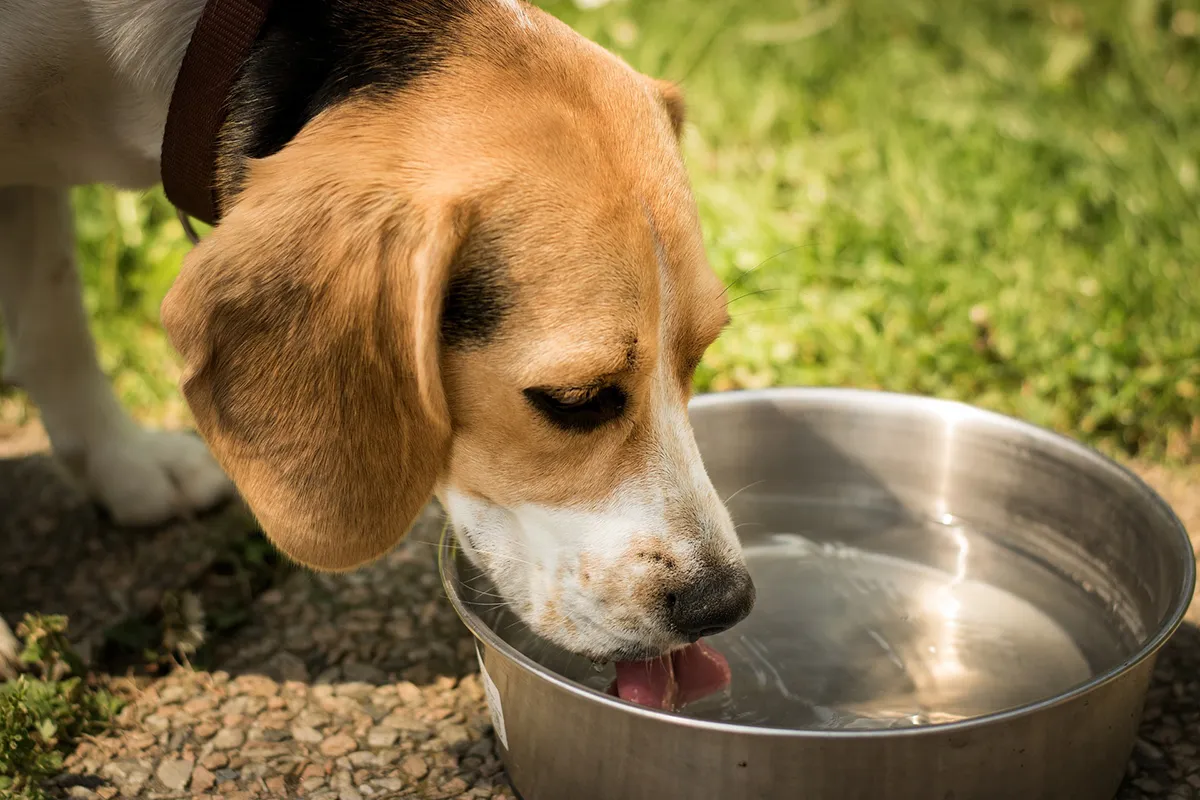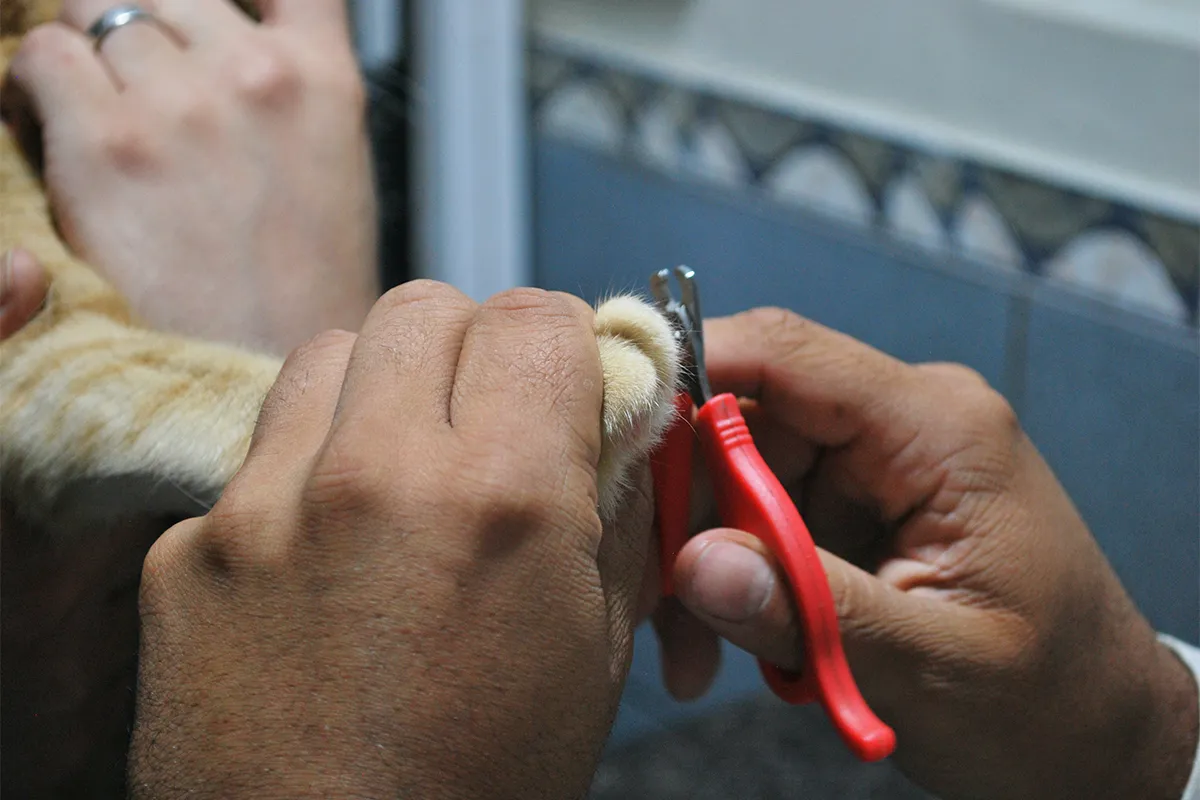Water is an essential element for all living creatures, particularly for active and energetic beings like dogs. If your dog doesn’t get an adequate amount of water, they are at risk of becoming dehydrated, impairing their ability to function properly. So, how much water is enough for your furry companion?
Water serves various critical functions in a dog’s body, such as transporting nutrients to cells, aiding digestion, maintaining joint health, protecting internal organs, and eliminating waste. It is an integral part of all bodily functions, and without sufficient water, your dog can quickly become dehydrated, which, if left untreated, can lead to severe illness or even death.
Table of Contents:
- Determining Your Dog’s Water Needs
- Signs of Dehydration in Your Dog
- Tips and Guidance for Proper Hydration

Determining Your Dog’s Water Needs
Dogs obtain some of their water requirements from their food, especially moist foods. Dry dog food doesn’t provide as much water, so if your canine’s diet consists primarily of kibble, this must be taken into account. Besides maintaining a healthy and balanced diet, it’s crucial to provide your dog with plenty of fresh and clean drinking water. However, dog owners should be aware that excessive water consumption can also be harmful. Thus, determining the right amount is paramount. The quantity of water your dog needs depends on their size, age, diet, daily exercise level, and the external temperature. On a regular day, your dog should drink about 30 milliliters of water per kilogram of their weight. If your dog is taking medication for any health issues, this can affect their water requirements, so always consult your veterinarian.
Signs of Dehydration in Your Dog
Dehydration is extremely dangerous and can lead to more severe health problems, including kidney damage, organ failure, or even death. To check if your dog might be dehydrated, gently pinch the skin on the back of their neck and release it. If the skin takes a moment to return to its normal state and appears loose, it’s likely that your dog is dehydrated. A properly hydrated dog’s skin should bounce back quickly. Additionally, your dog’s gums can provide clear indicators of dehydration if they appear pale, dry, or sticky. On hotter days, your dog may pant or salivate more, signaling a greater need for water than usual.
Tips and Guidance for Proper Hydration
While you might not observe your dog drinking from their bowl as frequently, it’s still important to monitor their daily water intake. Keep the water bowl in an easily accessible location, such as next to their bed or food bowl, and consider having multiple bowls around the house to facilitate hydration. Regularly check your dog’s water bowl and top it up when needed. It’s a good practice to change the water daily and refill the bowl with fresh water. Some dogs may find drinking from a special dog water dispenser more appealing if they are reluctant to use a traditional bowl. When going for walks, especially on hot and sunny days, bring some water for your dog to drink along the way. Many pubs also offer water for canine companions. Be aware that dogs can overhydrate, which can lead to symptoms like nausea, vomiting, confusion, and lethargy, among others. This may occur in dogs who love swimming or playing in the water. While it may seem cute when your dog drinks from sprinklers, you need to consider this potential risk. Excessive water intake may also be a sign of an underlying problem, such as a bladder infection. Therefore, be vigilant in monitoring your dog’s water intake, and if you’re concerned about them drinking too much or too little, consult a veterinarian promptly.
By understanding your dog’s hydration needs and recognizing the signs of dehydration, you can keep your furry friend happy and healthy. Remember, water is a lifeline for dogs, and ensuring they have the right amount is essential for their well-being.


